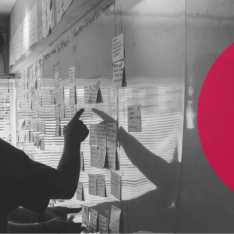Published by Unai Admin
17/07/2025
The last decade has seen mounting consumer demand for brands to deliver greater transparency and societal value throughout their businesses. CSR has shifted from a siloed activity to being seamlessly integrated into brand comms, largely driven by stakeholder demand. Consumers want brands to act with purpose and deliver positive social change for a better world. Brands that are doing this effectively are exceeding marketing KPIs, outperforming their competitors and generating triple bottom line growth. So doing-good makes good business sense. Yet, the data-driven marketing industry is under scrutiny driven by various data privacy scandals which are raising uncomfortable questions around how marketers access, use and share consumers’ personal data. This has created an environment wher...
Categories

















